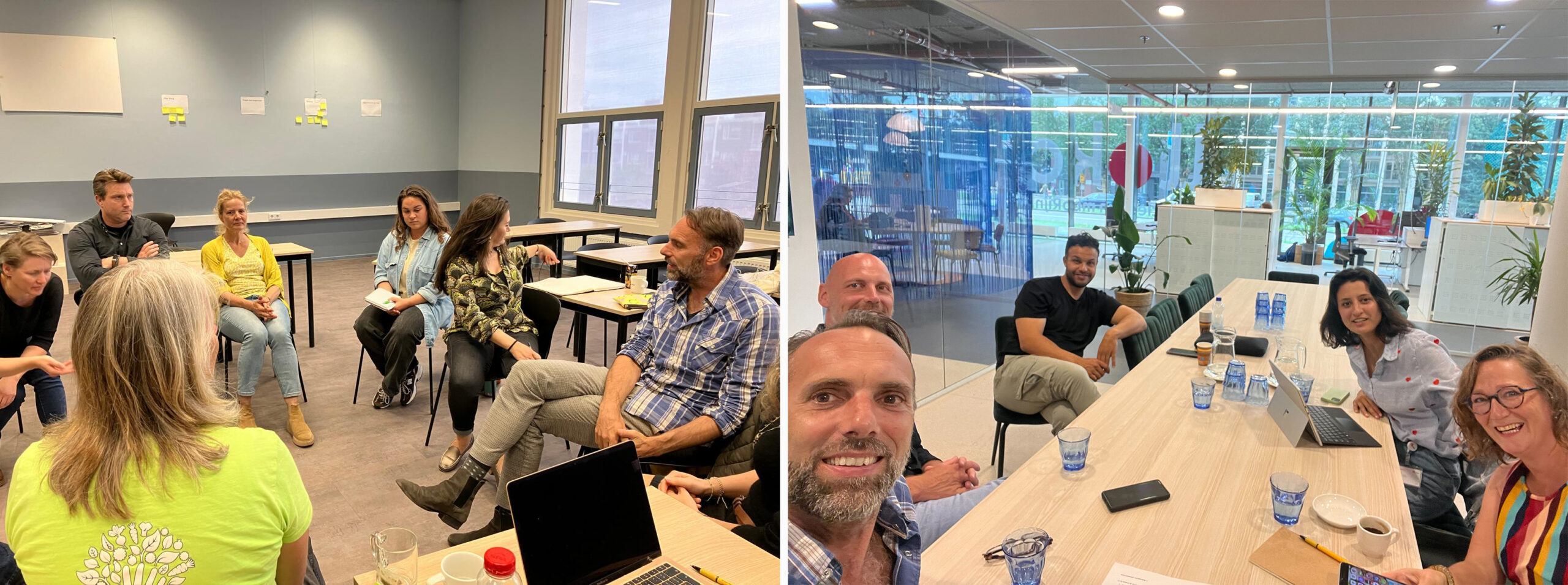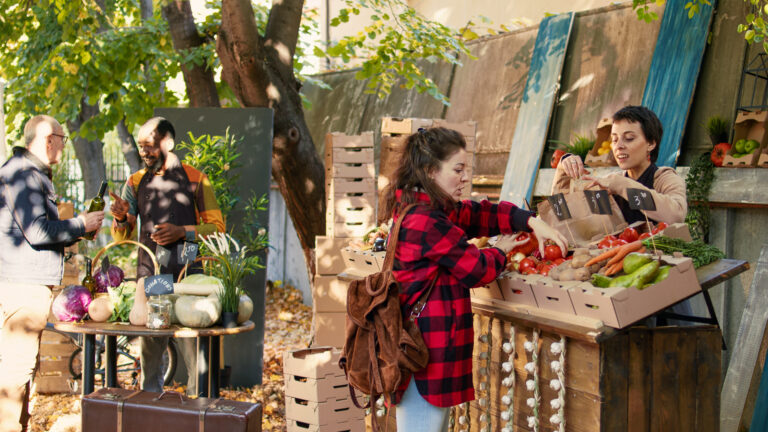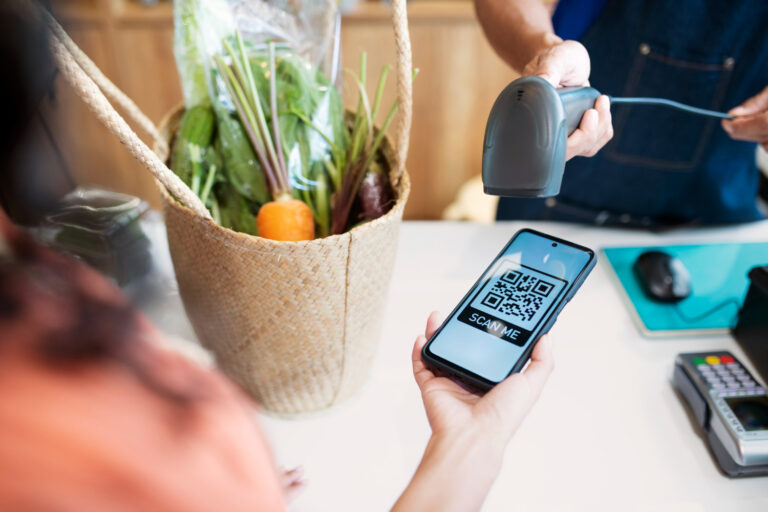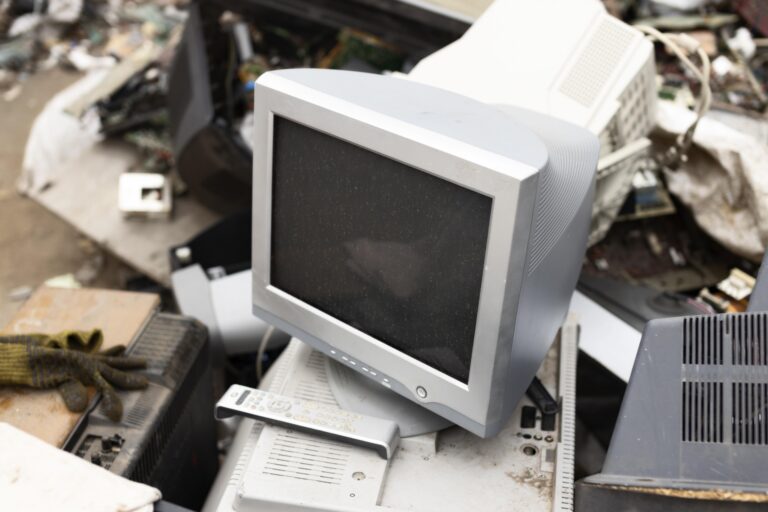Creating an inclusive and diverse education system that bridges formal and non-formal learning is at the heart of the Sustainable Learning initiative. Recently, focus groups with key stakeholders—students, educators, policymakers, and youth workers—shed light on how we can effectively develop green skills and promote sustainability in education. Here’s an engaging overview of the focus group process and its objectives.
Purpose of the Focus Groups
These focus groups aim to spark insightful discussions about blending different learning methods—formal, informal, and non-formal—to shape a greener, more inclusive education system. By gathering diverse perspectives, the initiative hopes to identify innovative strategies to empower young learners with sustainable skills, ensuring they thrive in a rapidly changing world.
Key questions focus on:
- The role of non-formal learning in addressing gaps in traditional education.
- Strategies to make sustainability a core part of education.
- Breaking down barriers to inclusive, impactful learning methods.
Why Non-Formal Learning Matters
The traditional school system often overlooks learners who don’t thrive in a rigid formal structure. Non-formal learning, which is flexible and experiential, offers a way to bridge this gap. Participants discussed:
- Benefits: Non-formal learning promotes hands-on experiences, creativity, and personal growth.
- Challenges: Recognizing and validating skills acquired non-formally can be complex but crucial.
- Opportunities: Combining structured formal education with adaptable non-formal methods creates a holistic approach to learning.
The Green Connection
Sustainability skills are vital for the future, but integrating them into existing education systems remains a challenge. The focus groups explored:
- Key Ingredients: Practical approaches to teaching sustainability, such as hands-on projects and community initiatives.
- Barriers: Limited resources, resistance to change, and gaps in current validation systems.
- Good Practices: Sharing successful models of green education, from permaculture lessons to eco-focused vocational training.

What Success Looks Like
Participants highlighted a vision of success where:
- Learning systems are inclusive and diverse, accommodating various needs and abilities.
- Skills gained outside traditional classrooms are recognized and valued equally.
- Green education becomes integral, equipping learners with tools to lead sustainable lives.
Building Bridges and Breaking Barriers
Combining formal and non-formal learning requires innovative solutions, such as:
- Developing validation systems to recognize non-formal skills.
- Encouraging collaboration between educators, youth workers, and policymakers.
- Emphasizing lifelong learning to adapt to changing global needs.
Moving Forward
The discussions from these focus groups form a foundation for creating a dynamic education system that bridges traditional methods with modern sustainability-focused approaches. By fostering inclusivity and recognizing diverse learning pathways, we can inspire young people to take meaningful action toward a sustainable future.
Join the Conversation
The journey toward Sustainable Learning is a collaborative one. Stay engaged as we explore innovative tools, strategies, and practices to transform education and empower the next generation.



